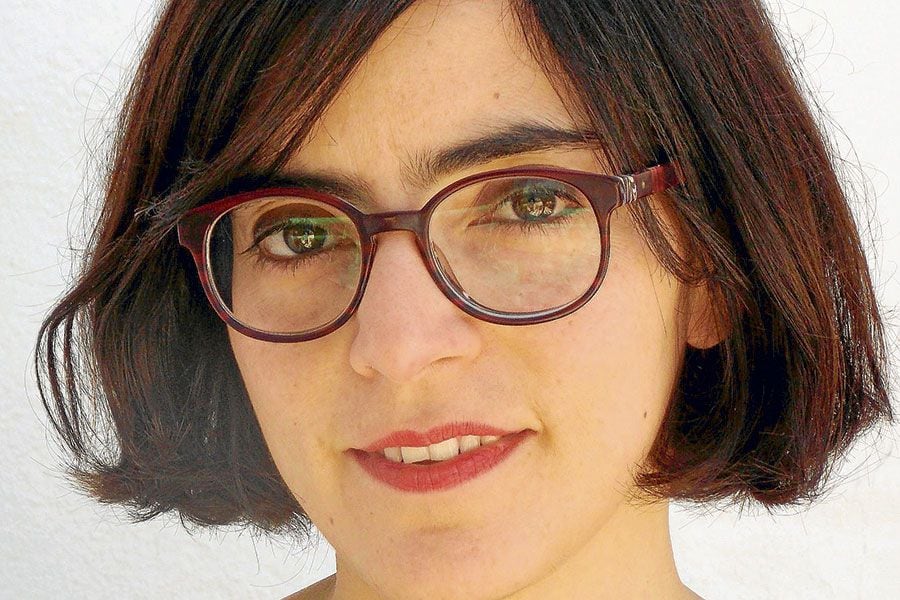
SOPHIE HUGHES: You wrote a lot of La resta while living abroad, studying in the States. I began our interview by asking Alia where she was writing to me from.ĪLIA TRABUCCO ZERÁN: I think I must be somewhere above the Atlantic Ocean, about eleven hours away from Santiago. A little greedily then, I have used this interview to satisfy my ongoing curiosity about certain details of the novel, to gain even more insight into its author’s working methods and interests. It has withstood those readings, and, as with all the best literature, each sitting leaves me with more questions. It is a novel I know intimately, having read it at least a dozen times in the process of translating it into English for the American and British editions. But the children, too, are marked by Pinochet’s violent tyranny, and The Remainder is the account of its insidious and shadowy stain on their lives, and an unlikely road trip that serves, albeit in different ways for each of them, to wash it away.

That undertow is the here and now of Chile, and more specifically of Santiago, where three young people going about their lives-little lives, as they understand them-feel deeply the generational rift between them and their parents, who by all accounts lived big lives, touched directly by Chile’s military dictatorship (1973–1990) and its ultimate downfall. W ith a breathless and brilliant opening chapter, narrated in a stream of consciousness, Alia Trabucco Zerán’s La resta, now published in English as The Remainder ( Coffee House Press, US And Other Stories, UK) sucks you hard and fast into the undertow of history.


 0 kommentar(er)
0 kommentar(er)
